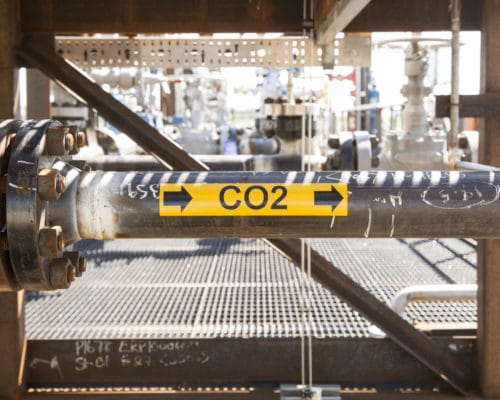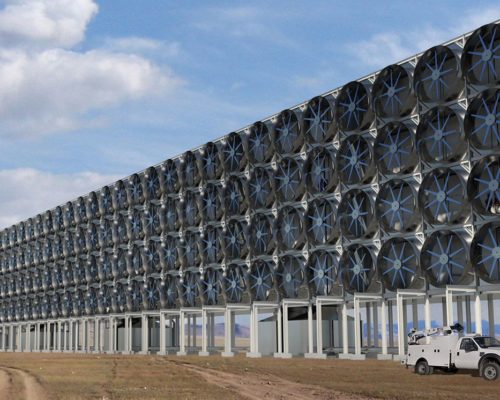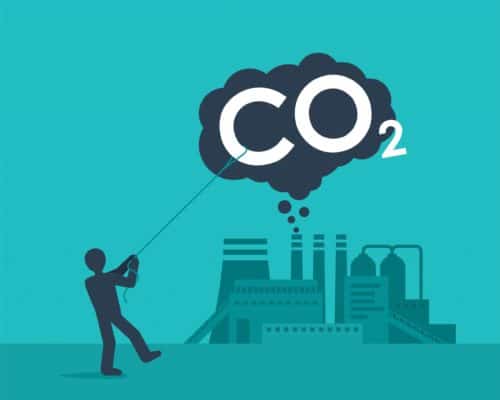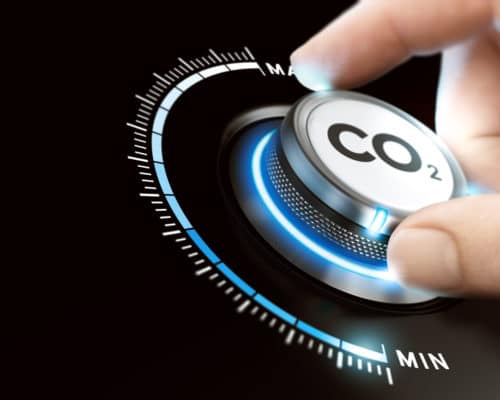Renewable Energy
The Proposed Vietnam PDP8 Update and the Risks From the Coal Pivot
The recently proposed update to the Vietnam PDP8 draft risks deteriorating the country's clean energy progress. Experts are united around the idea that the drafted coal pivot will surface various negatives, including lack of financing, slower clean energy transition, increased climate impact, and increased reputational risk for the country.
South Korea’s Renewable Energy Transition and Its Barriers
An analysis of the main obstacles that slow down the renewable energy transition in South Korea and the country's efforts to achieve net-zero by 2050.
Importance of Climate Finance and Climate Change to Strengthen Global Solidarity
Analysts are clear: climate financing is insufficient and unevenly distributed. Developing Asian countries, especially those in the south, have to be the most concerned, considering they are the most vulnerable to climate crisis impacts.
What Is the Future of Sustainability in Sports and Sponsorships?
The focus of sports has long been on competition, show and profit. Little emphasis has...
Renewable Energy in Singapore: Sources, Plan and Strategy
Over 95% of the energy currently consumed in Singapore is from LNG and oil. However, the country has robust renewable energy targets for the next several decades, largely driven by local solar energy production and importing clean energy from neighbouring countries.
Solar Power in Singapore: A Shining Energy Source
Singapore is working to meet 28% of its peak power demand with solar energy by 2030. The country chose solar as its main renewable energy focus due to its high levels of solar irradiance and limited land area. To meet these targets, Singapore will need to invest in innovative approaches to harness its solar power, like floating PV systems.
Potential of Renewable Energy in Japan
Japan's road towards renewable energy dominance in the country's mix won't be smooth, it is feasible and will unlock several energy investment opportunities.

Top Carbon Capture Projects in 2022
Carbon capture has seen a steady increase over the last several decades. The largest concentration of CCS facilities is currently found in North America, but several other regions are pushing to increase their capacity over the next decade. Carbon capture has yet to see widespread implementation, but as the technology improves and costs decline, we expect to see its adoption increase.

Carbon Capture: Can This Technology Save Our Future?
Carbon capture technology is being implemented across the world. For hard-to-decarbonise industries, this is a potential pathway to remove unavoidable emissions. But, the question remains: what role should carbon capture play in other industries? Some experts see carbon capture as a distraction from the wide-scale adoption of renewables and a way for companies to maintain a "business-as-usual" approach.

New Carbon Capture Technology: A Ray of Hope
Carbon capture technology has come a long way over the past several decades, but it is still in the early stages of adoption. As a result, there are only three main types of carbon capture being used, with several new technologies currently in development. As carbon capture becomes more efficient, it will have a growing role to play in the world's low-carbon future.

Top 10 Carbon Capture Companies in 2022 Are Entering the Market
The carbon capture market is growing. This demand is being met by a variety of companies, ranging from startups to established fossil fuel giants. This trend will likely continue as the technology becomes more efficient and adoption continues to increase.
Liberal vs Labour – Who Has the Best Energy Policy in the 2022 Australian Election?
The energy policies of the Labour and the Liberal parties will play a crucial role in determining the outcome of the upcoming election in Australia. The importance of decarbonisation strategies and taking action has never been greater. Judging by the parties' announced plans, they are up for the challenge.

3 Best Carbon Capture Stocks 2022: Investing in a Growing Industry to Reduce Carbon Emissions
Publicly traded carbon capture companies range from startups to established fossil fuel majors. The industry is still fairly young, but market predictions show that carbon capture technology will grow significantly over the next several decades. For investors, this provides the opportunity to support the energy transition while investing in a possibly lucrative industry.

The Latest PDP8 Vietnam Draft – Focus on Renewable Energy and a Drastic CO2 Emissions Reduction
The latest draft of the Vietnam PDP8 sends the positive signal that the country is no longer looking in the direction of fossil fuels. Instead, it is further diversifying its low-carbon power sources, planning for notable clean energy growth and a massive CO2 emission reduction.
Most Popular
Categories
-
9
-
31
-
127
-
4
-
17
-
39
-
51
-
14
-
10
-
15
-
23
-
6
-
155
-
162
-
23
-
1
-
22
-
30
-
36
-
65
-
14
-
74
-
40
-
17
-
6
-
28
-
21
-
84
-
245
-
20
-
35
-
31
-
9
-
41
-
35

